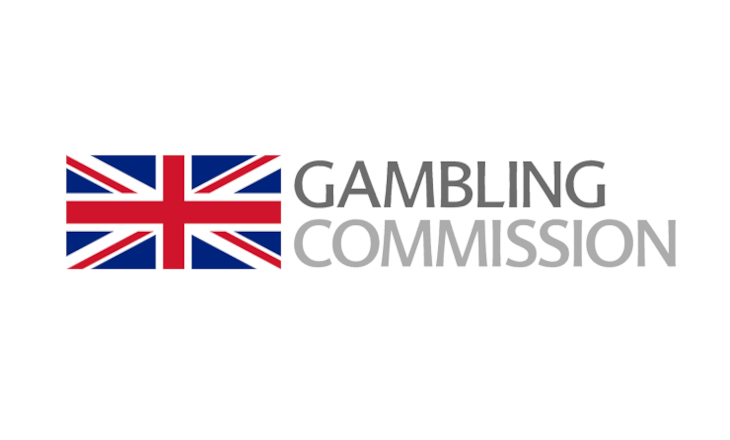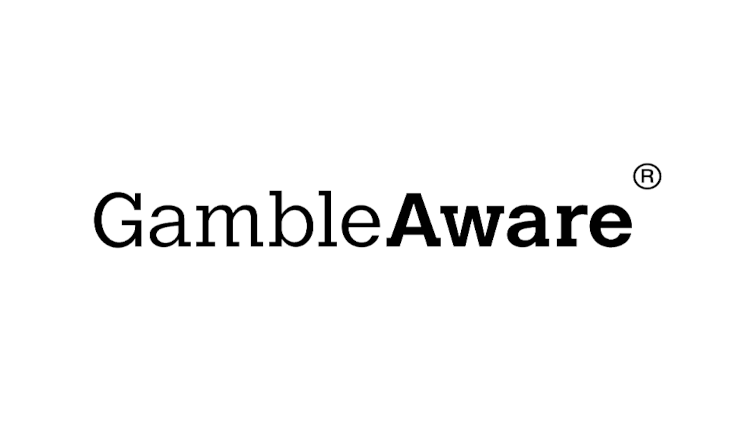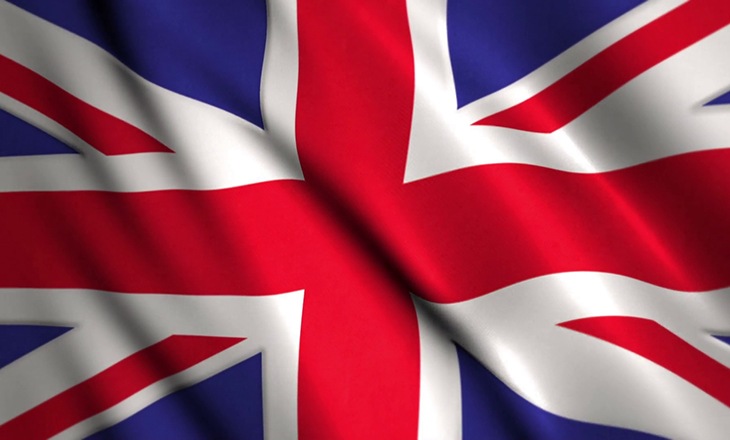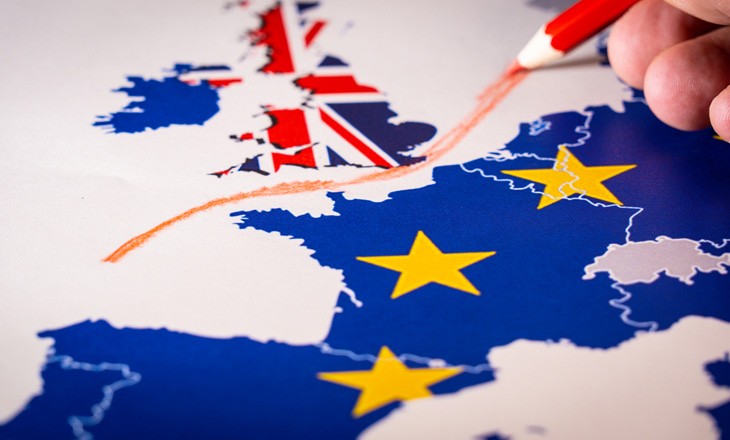The UK Gambling Commission (UKGC) recently publicised a ‘package of strict measures’ to be implemented as part of new protections and controls for online slots games.
In part, the decision was precipitated by feedback from a public consultation that the commission conducted in July 2020 focused on ‘making online games safer by design.’ The consultation enabled the commission to review the inherent risks and intensive play elements of online slots.
The feedback enabled the UKGC to conclude that new controls are essential to limit ‘spin speeds’, and that a permanent ban must be enforced on features that ‘speed up play or celebrate losses as wins’.
The UKGC ruling states that from 31 October, all licensed online gambling operators must remove specified slot game technical components or features.
These include any function that makes a slot spin faster than 2.5 seconds and Autoplay features that can make players lose track of how much they are playing. Also banned are Quickspin features and gameplay sounds or images that indicate a win the return is equal to, or below, the bet.
The commission emphasised that the elimination of Autoplay and Quickspin features are necessary measures as slot games carried ‘by far the highest average losses per player of any online gambling product’.
All operators will also be required to display the ‘total losses or wins and time played during any online game session’ for slot players.
The gameplay changes aside, the commission will enact a lasting ban on ‘reverse withdrawals‘, a function that lets players re-gamble money they had previously requested to withdraw.
Neil McArthur, the Chief Executive of the UKGC, said that the regulator’s decision to remove the noted play features from slots was based on the evidence that indicated higher risks associated with ‘loss of player control or binge play’.
He stated, “To make online games safer we are introducing a ban on features that speed up play or give the illusion of control over the outcome,” he said. “We are also introducing a ban on Autoplay, losses disguised as wins, and slot spin speeds faster than 2.5 seconds. The evidence shows that these features increase the risk of harm to customers. This is another important step in making gambling safer and where the evidence shows that there are other opportunities to do that we are determined to take them.”
The department for Digital, Culture, Media & Sport (DCMS) oversees gambling laws in the UK and has rubberstamped the commission’s proposed restrictions on online slots as a part of its regulatory duty to maintain a ‘comprehensive programme to make gambling fairer and safe.’
DCMS lauded the UKGC’s initiative to reform the online gambling industry. It stated that the new measures for online slots align with its ‘stamp out of irresponsible VIP customer practices’ sanctioned in October 2020.
The DCMS sports minister, Nigel Huddleston said, “Today’s steps will help curb the intensity of online gambling, introducing greater protections that will reduce the risk of gambling-related harm. I welcome the Gambling Commission’s tough measures as we continue our comprehensive review of gambling laws to make sure they’re fit for the digital age.”
The UKGC wrapped up its statement by cautioning online operators, stating that the new rules around slots are a precursor to its imminent judgement on the improvement of ‘customer interactions’ beyond player verification and ID requirements.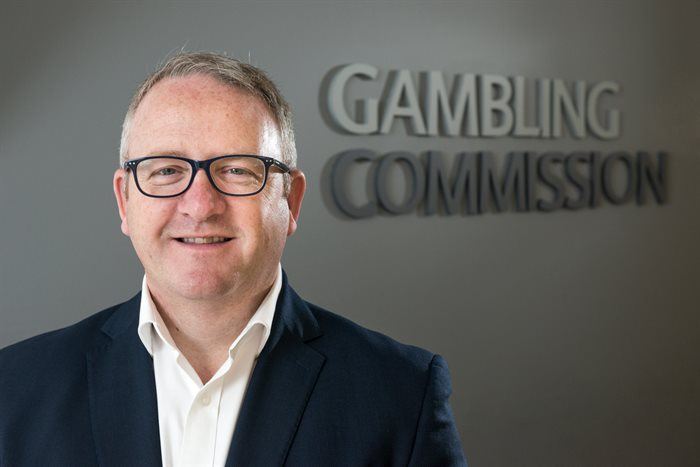
Guides and Feature Articles Similar to this Topic
